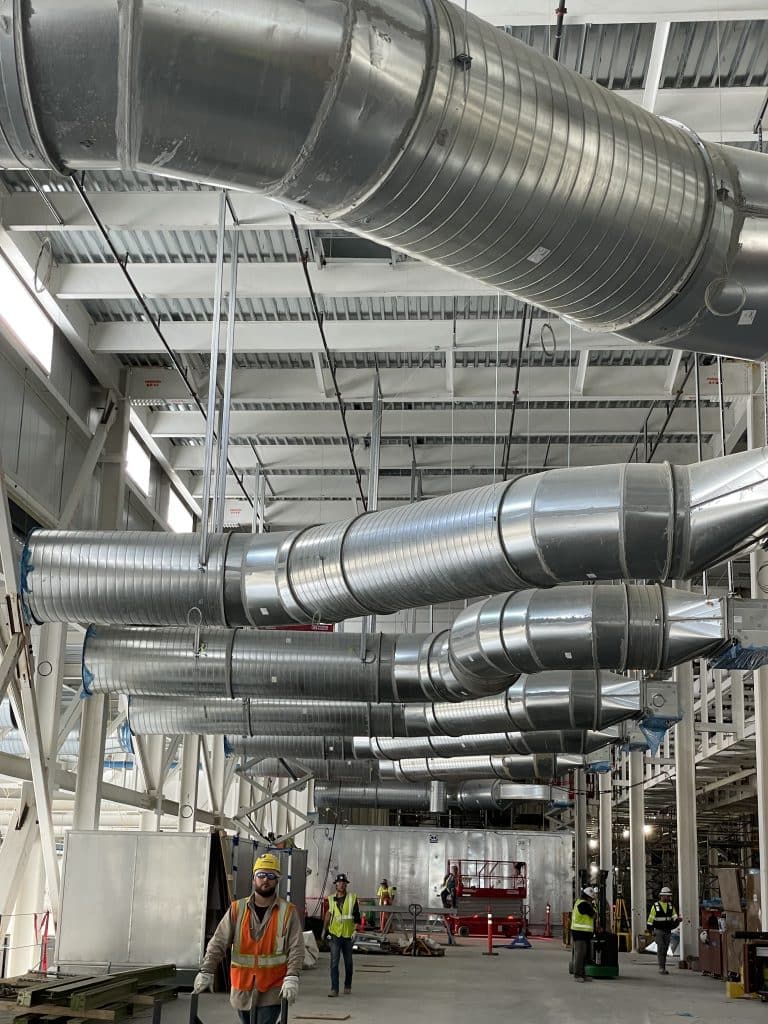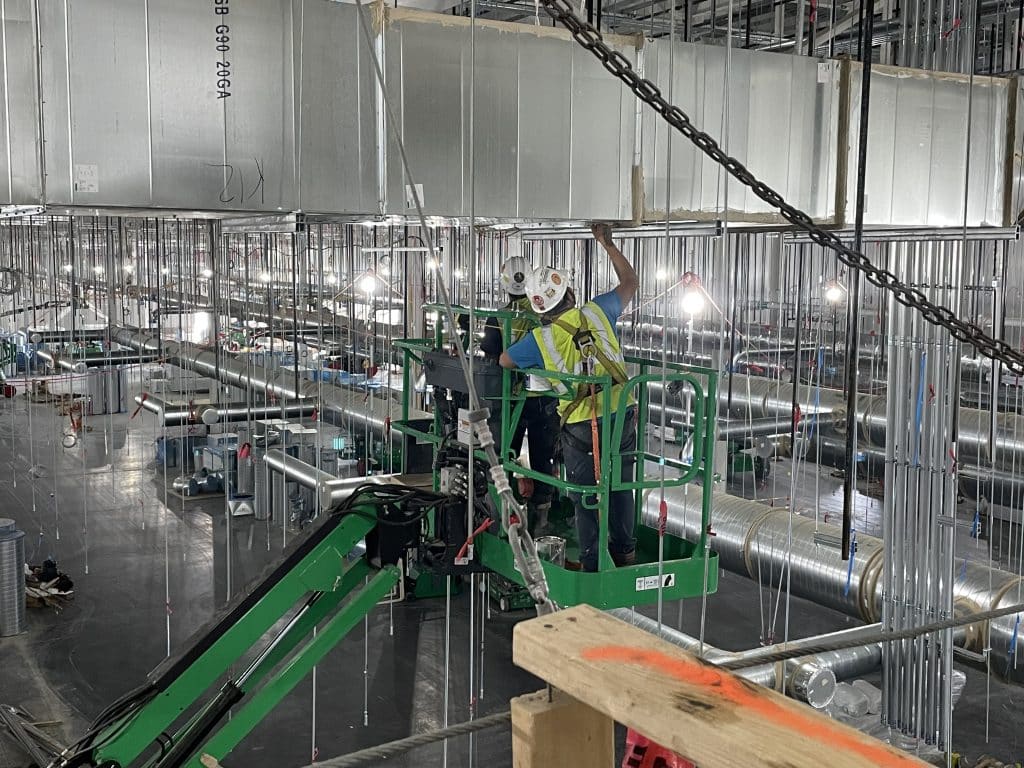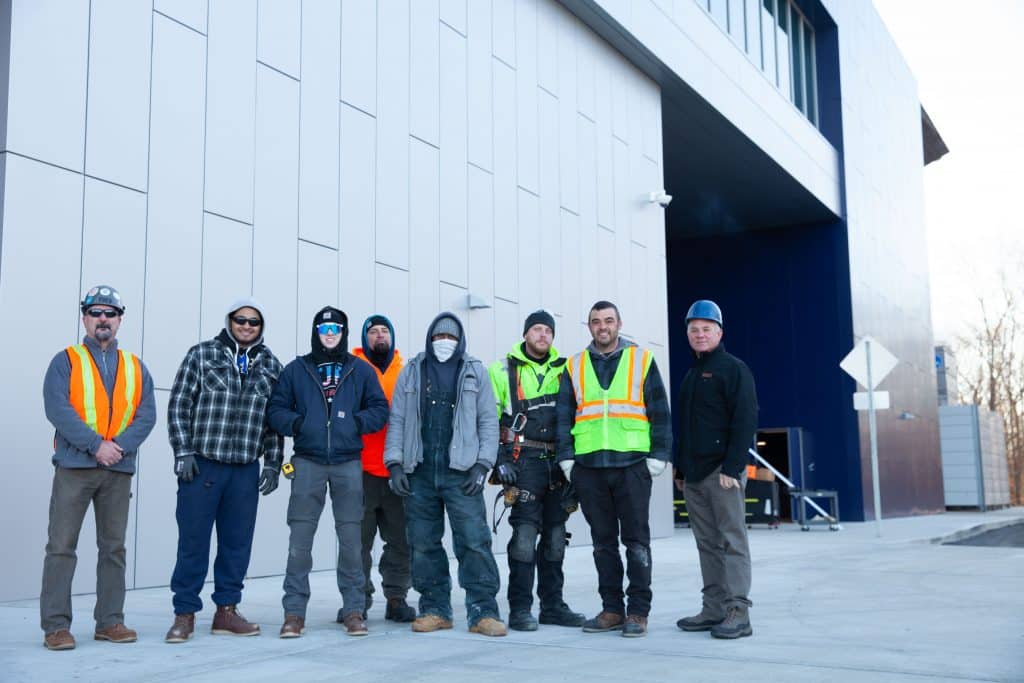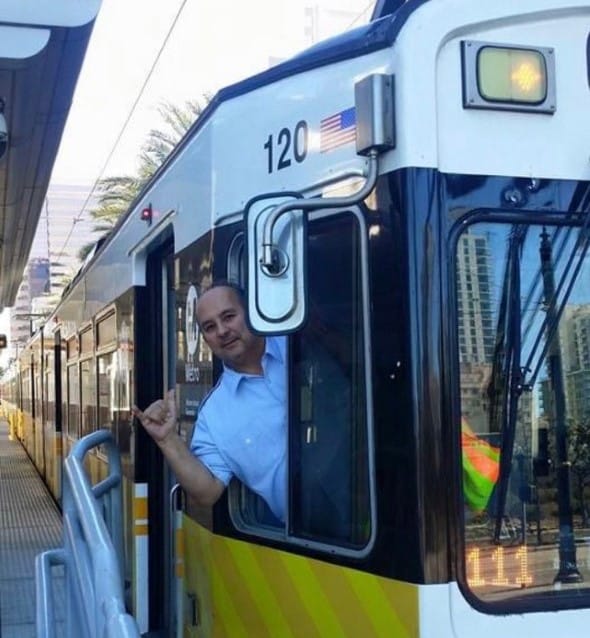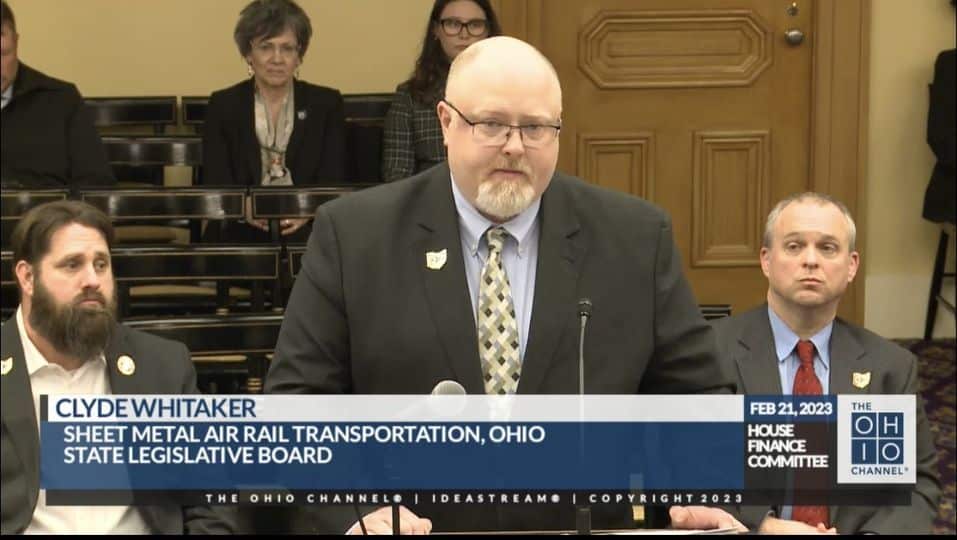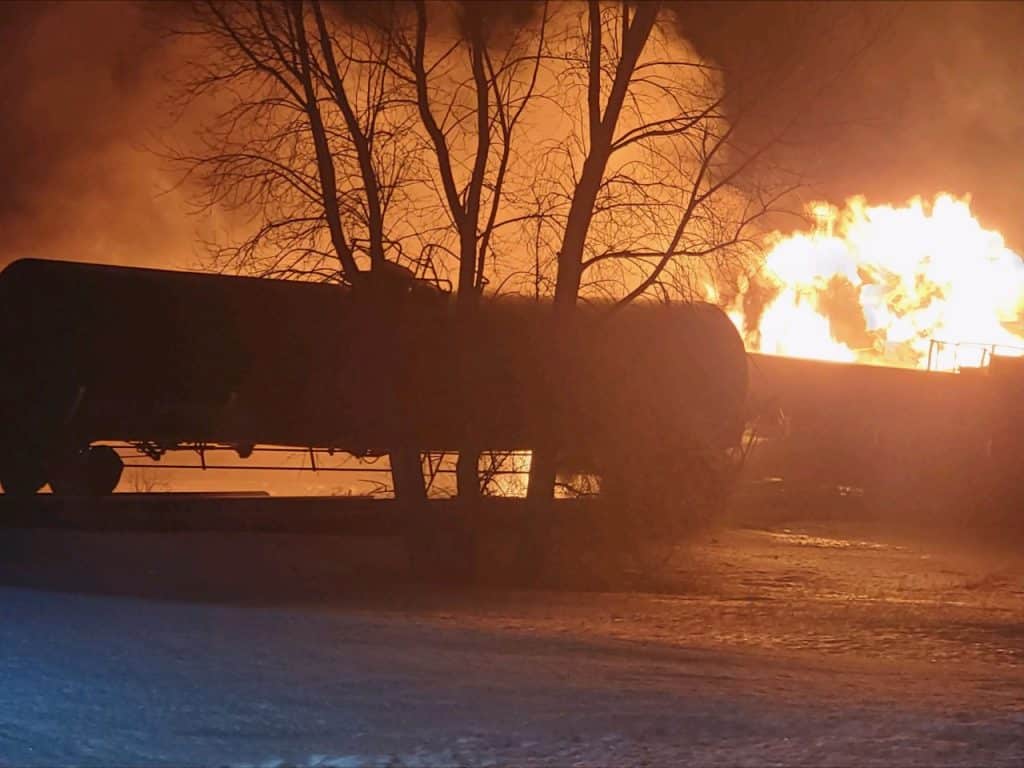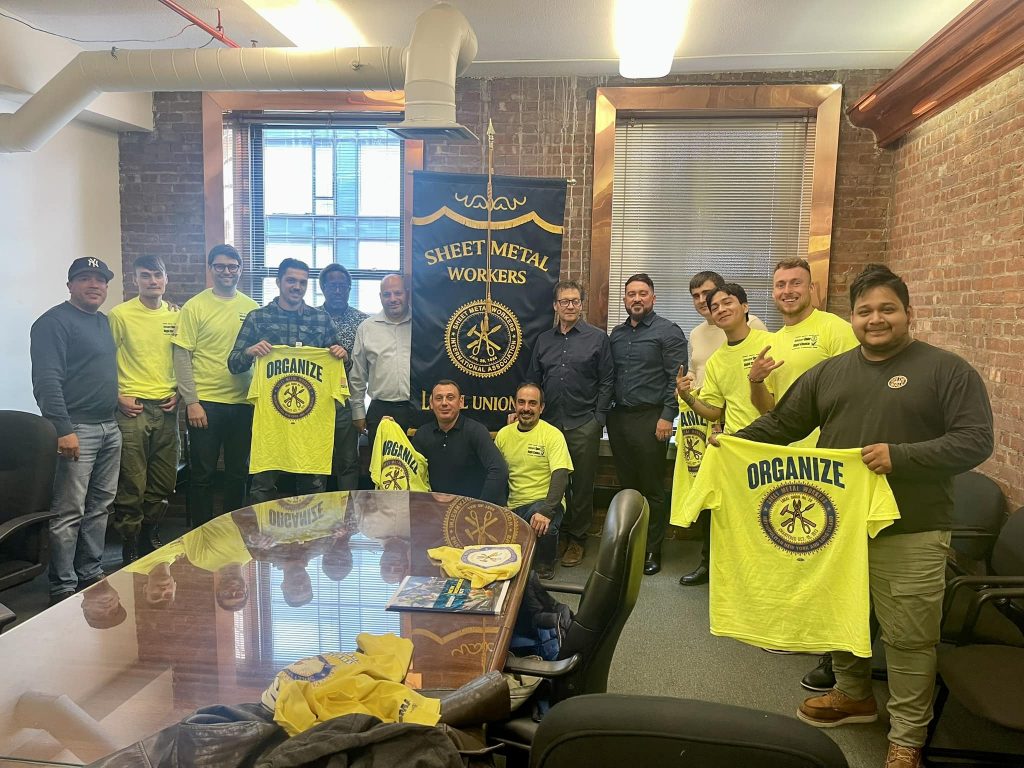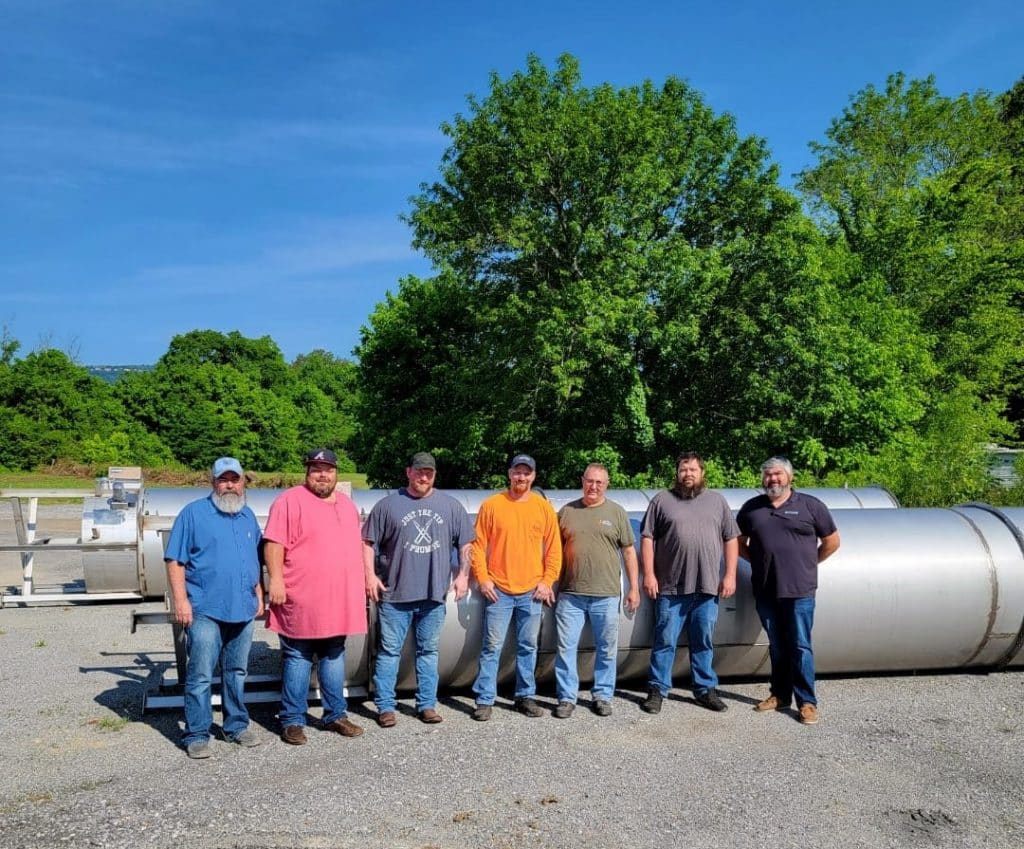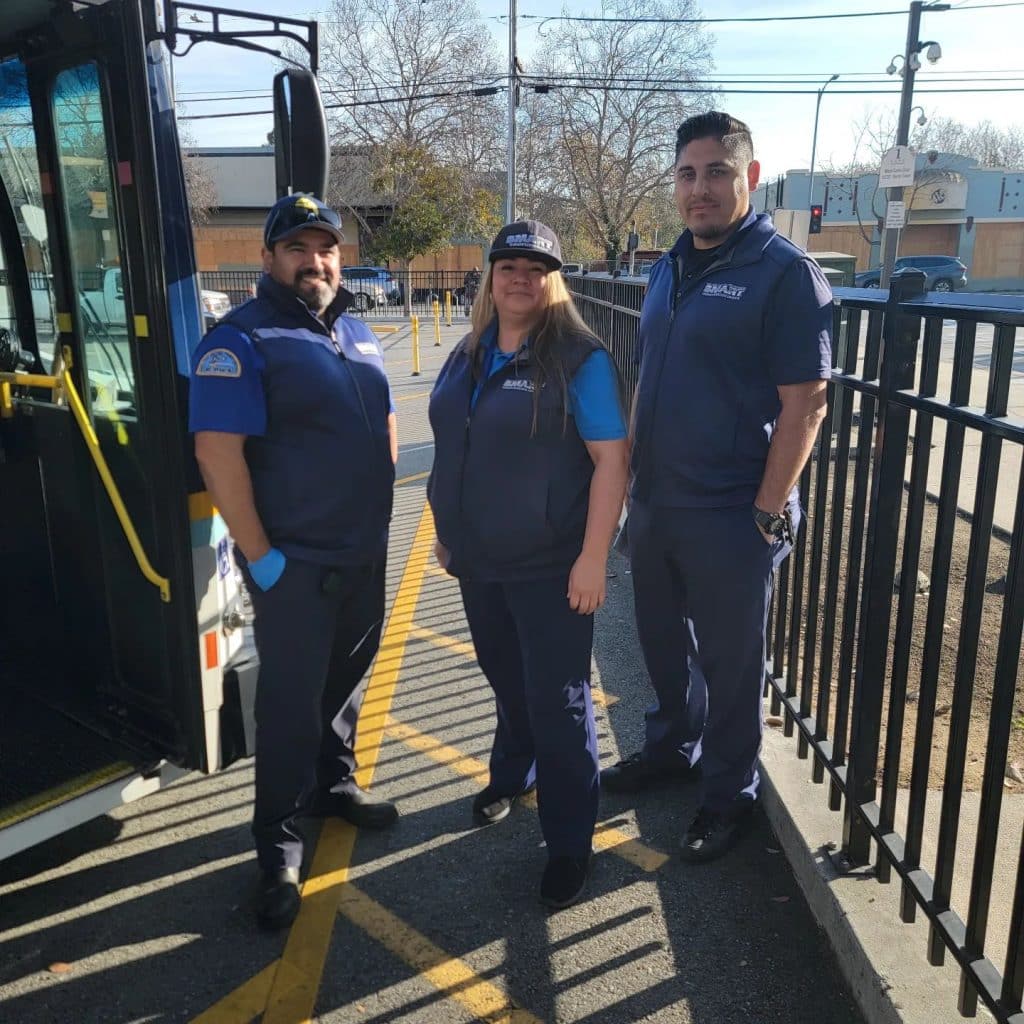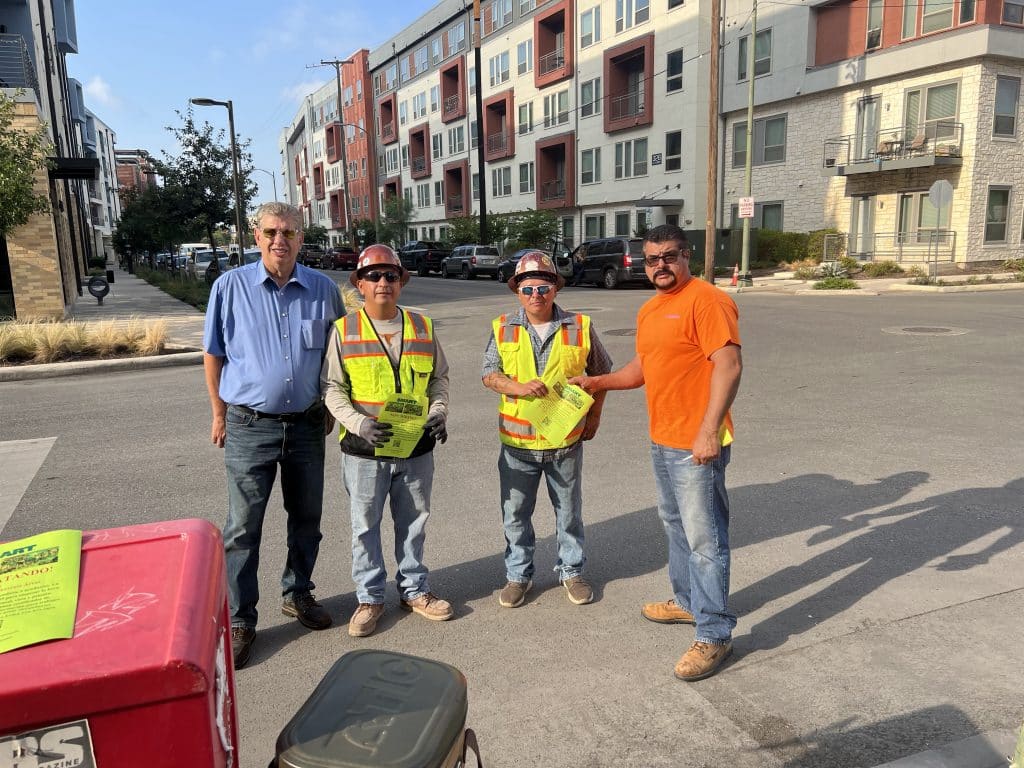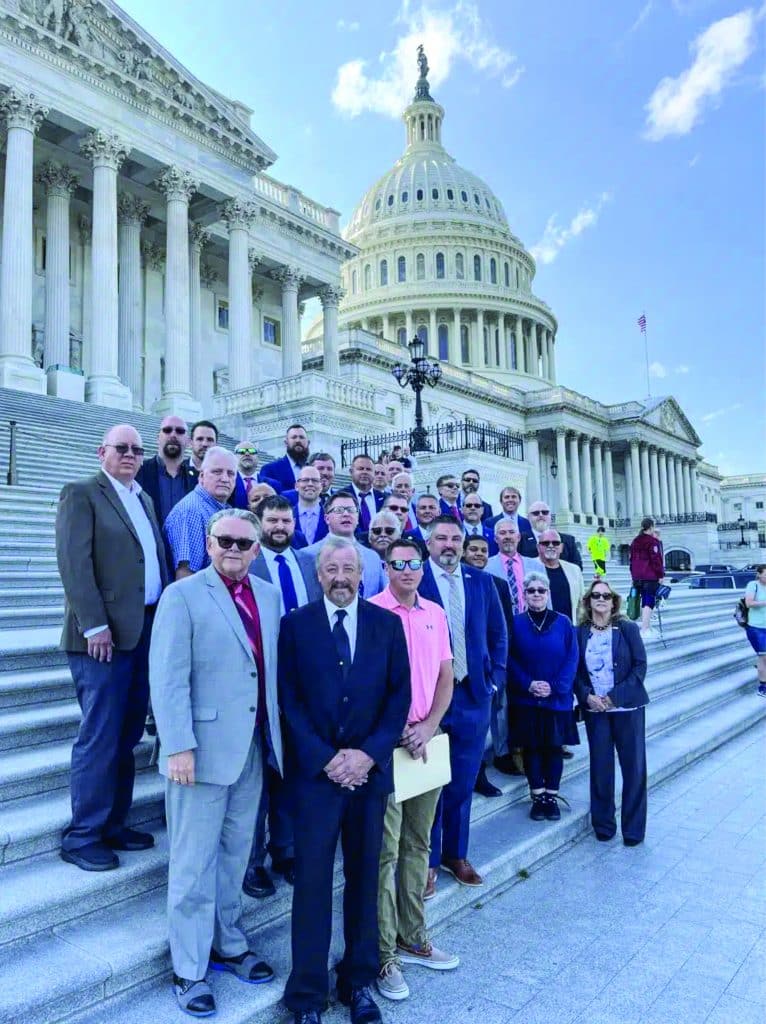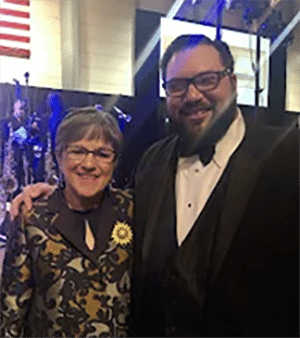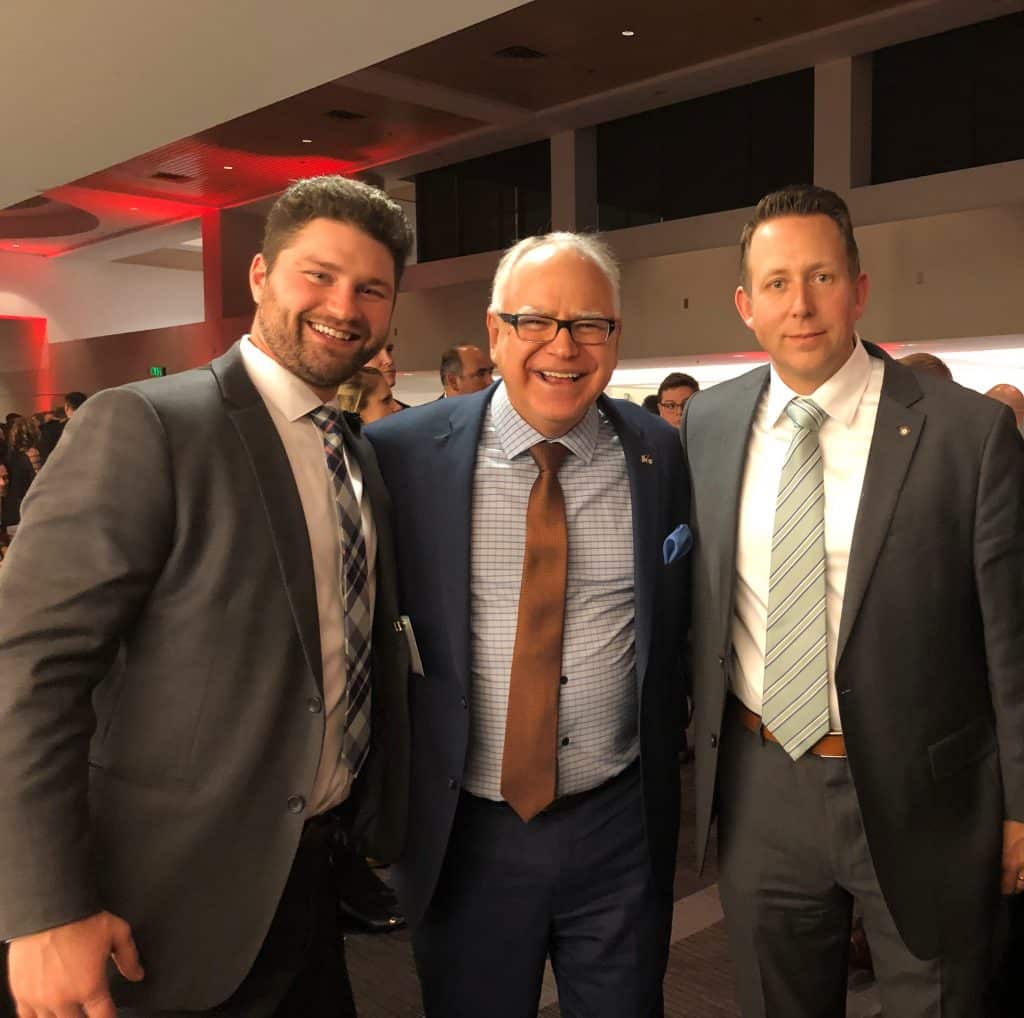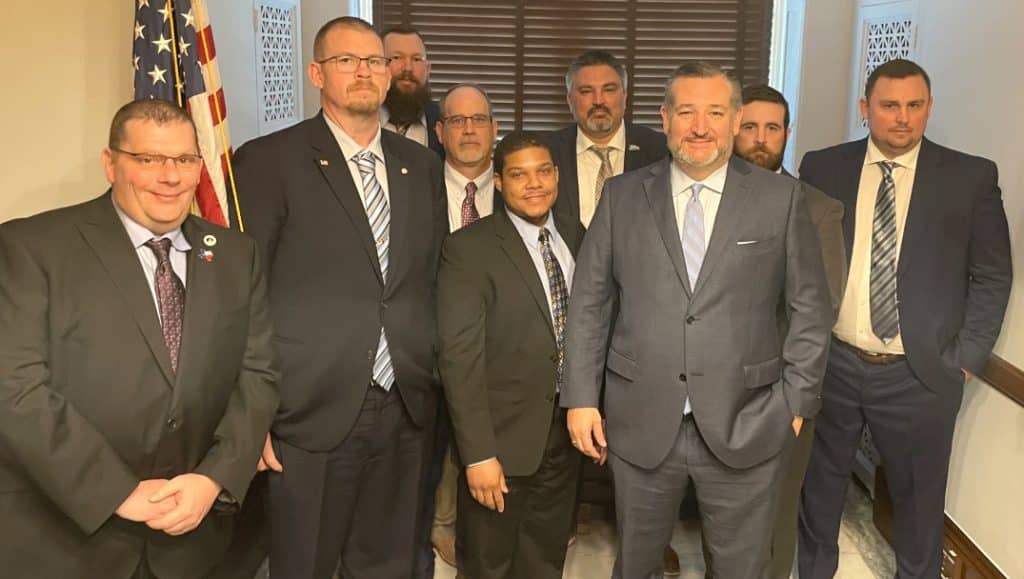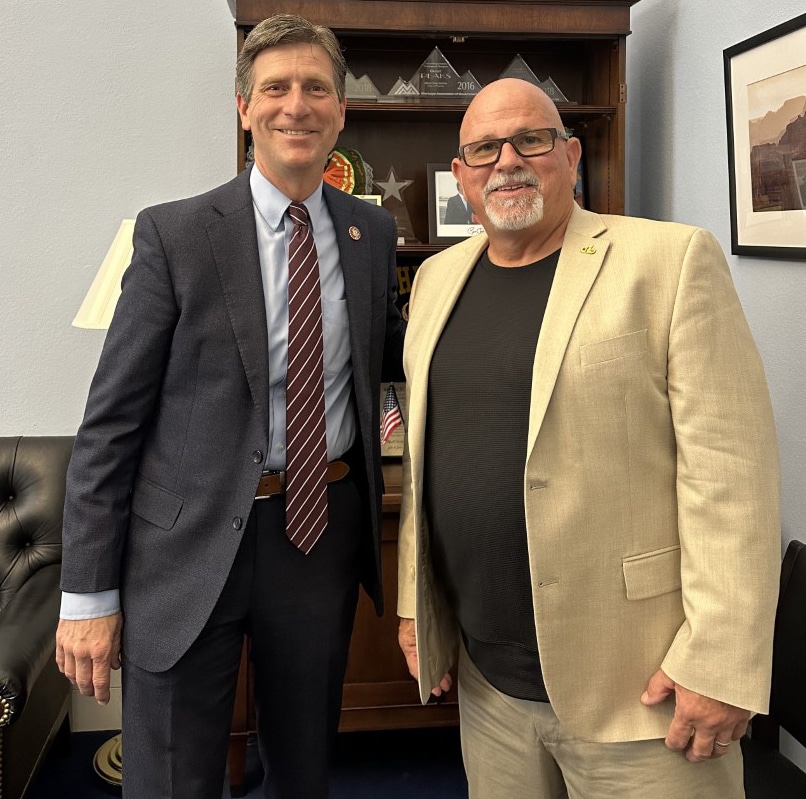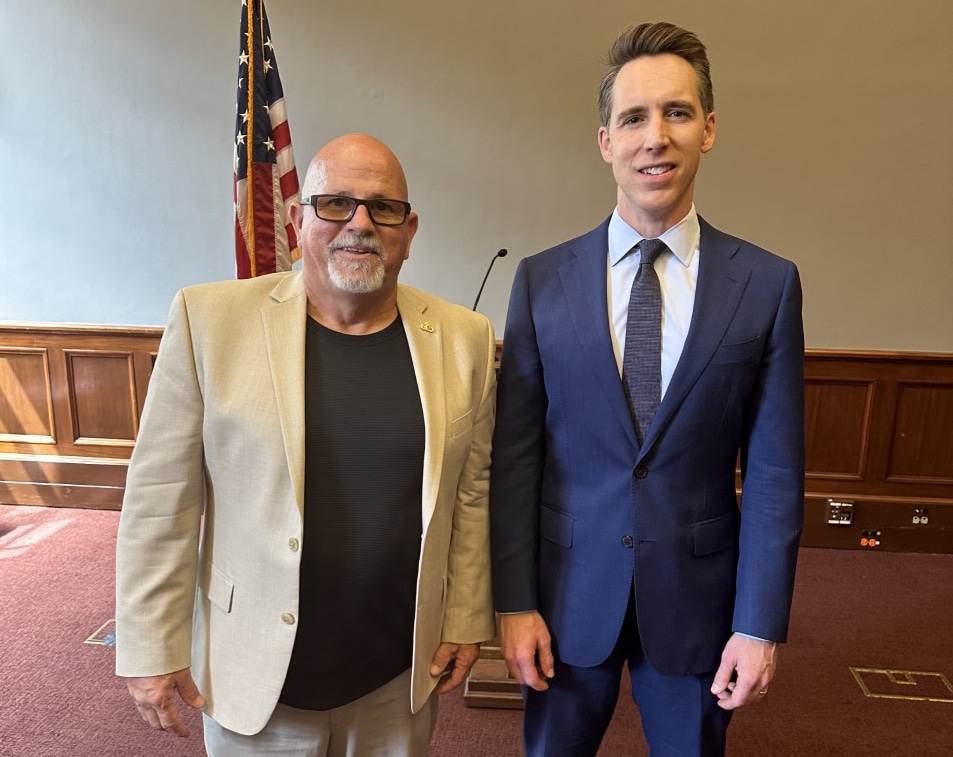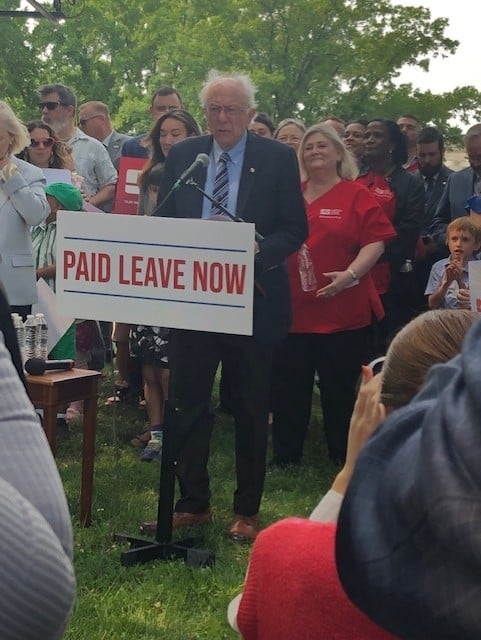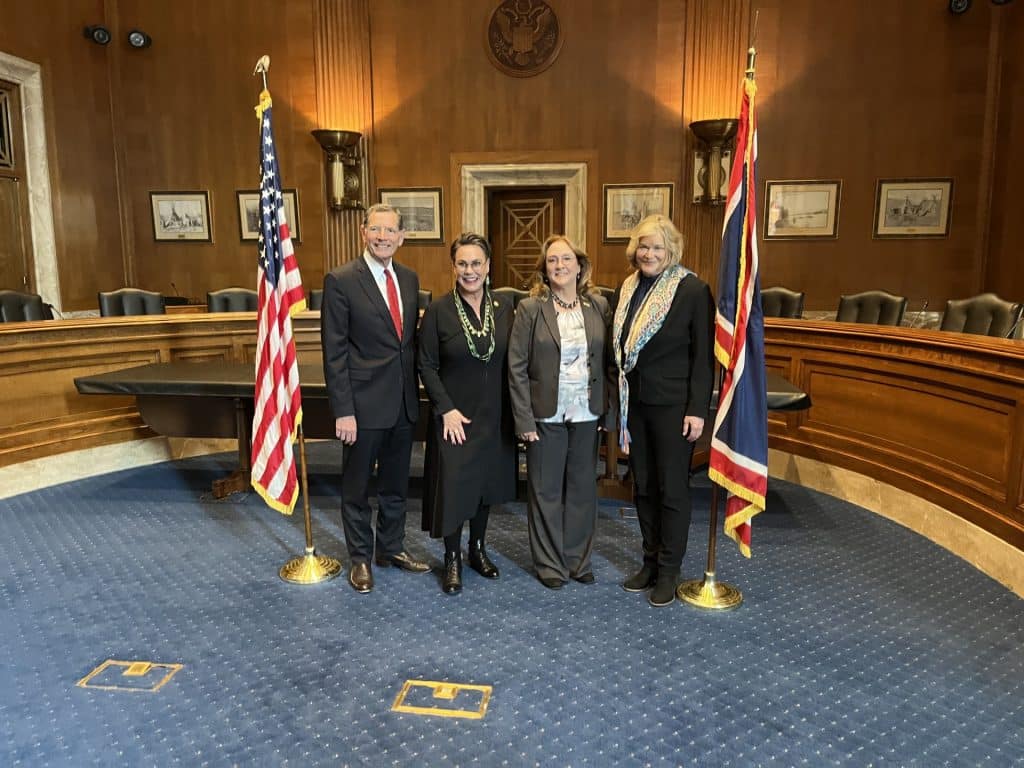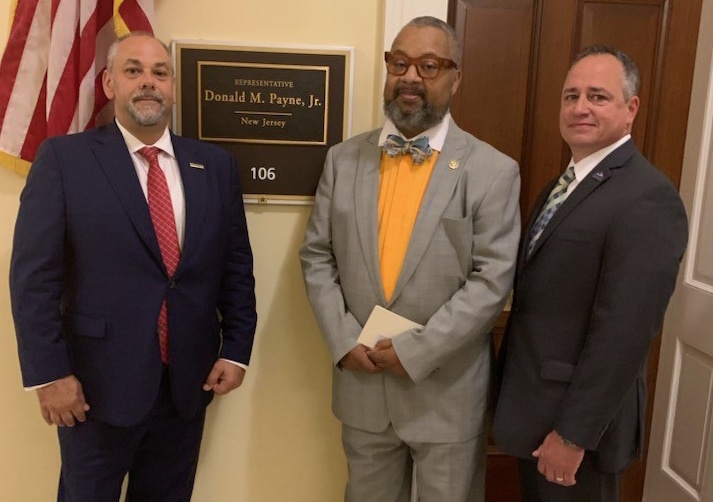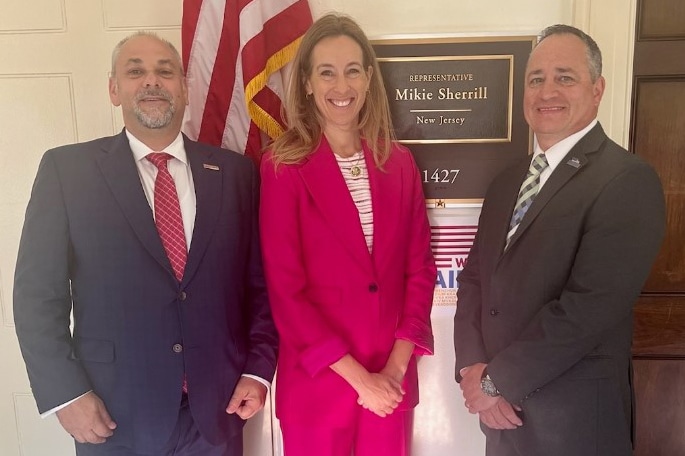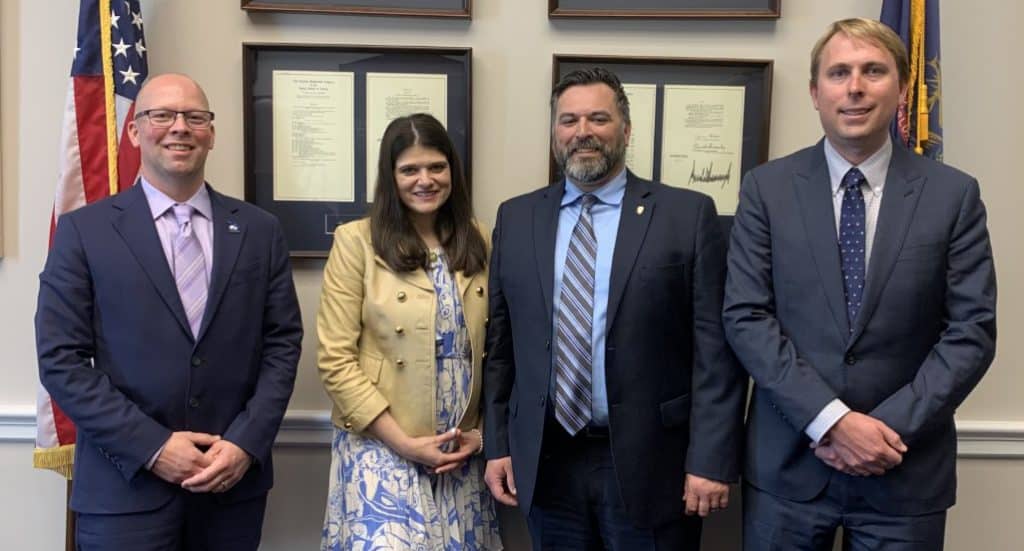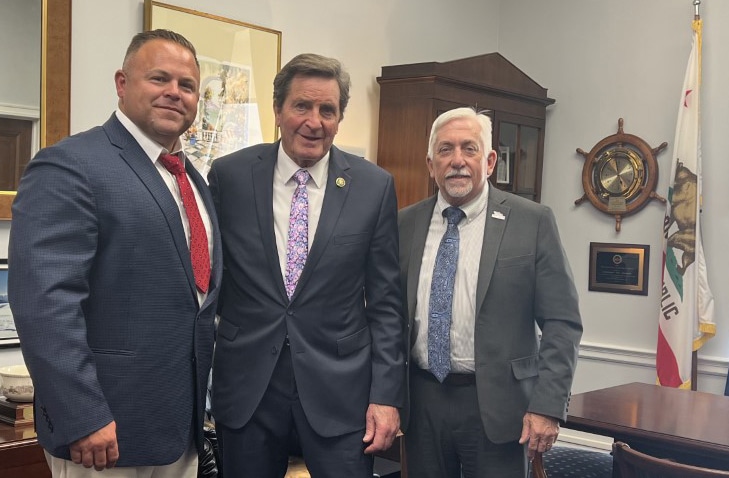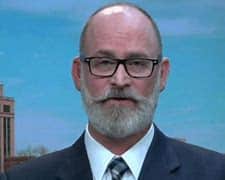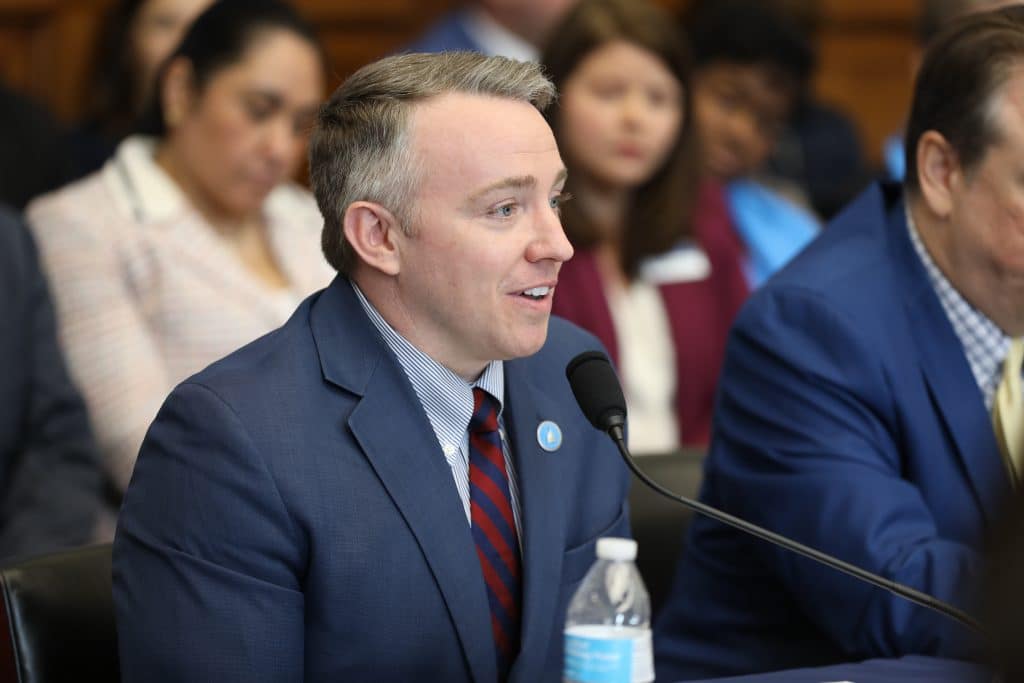
SMART Rail, Mechanical and Engineering Department Director Peter Kennedy joined fellow rail workers and community witnesses to stand for rail safety during a roundtable hosted by Democratic members of the House Subcommittee on Railroads, Pipelines and Hazardous Materials on Wednesday, March 13.
Kennedy – along with Vince Verna of the Brotherhood of Locomotive Engineers and Trainmen; Mayor Frank Moran of Hiram, Ga. (the site of a 2021 derailment); East Palestine, Ohio resident Anna Sevi-Doss and others – testified to the devastating effects of deregulation on the railroad, and the need for Congress to pass the bipartisan Railway Safety Act.
“Everybody knows the story: rail safety has deteriorated under precision scheduled railroading [PSR],” Kennedy explained in his opening statement. “It’s nothing more than a cost-cutting business operating model that is founded upon the root of all evil, which is the love of money. The sole focus is to maximize profits for shareholders.”
The Railway Safety Act was introduced in the wake of the East Palestine derailment and explosion in February 2023 by Senators Sherrod Brown and J.D. Vance of Ohio, Bob Casey and John Fetterman of Pennsylvania and by Representative Chris Deluzio in the House. However, amidst concentrated lobbying against the bill by the railroad carriers, there has been no progress made towards a full vote in either chamber.
Democratic Congressmembers Rick Larsen and Donald Payne, Jr. hosted the March 2024 roundtable – titled “Listening to Rail Workers and Communities” – to “help get rail safety legislation back on track,” according to Larsen.
“Simply put, what we are seeing today in the freight rail industry is efforts to take shortcuts on labor safety and service, all in the pursuit of profits, while we see bigger profits for the railroads – meaning more dividends for shareholders,” Payne said.
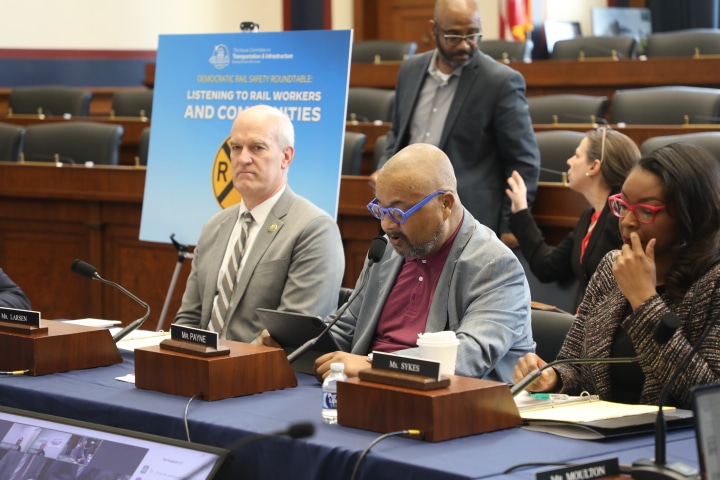
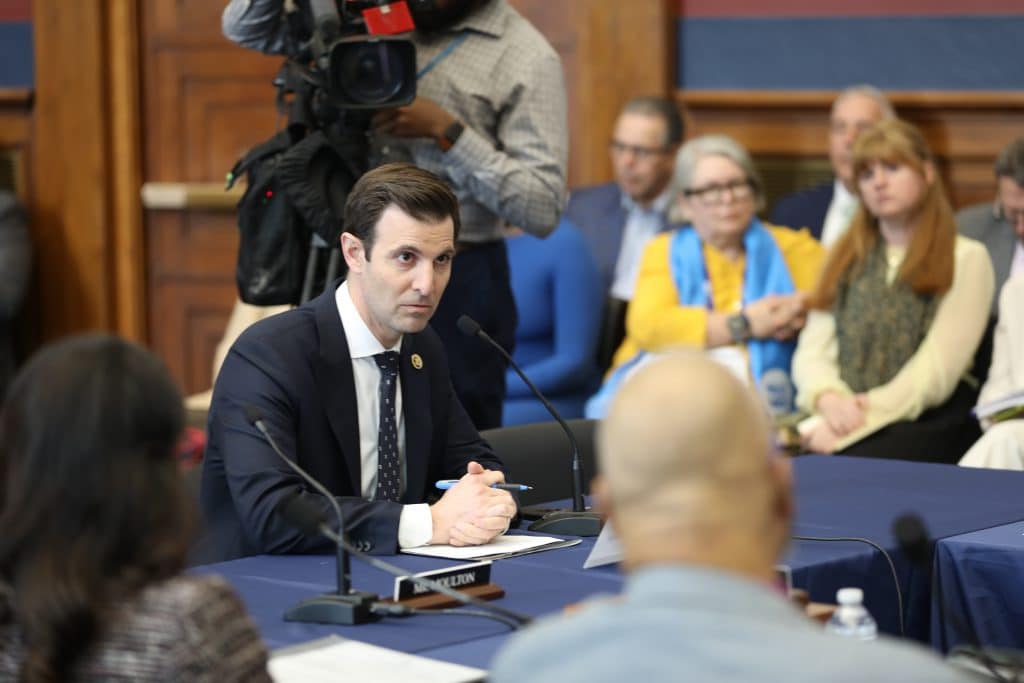
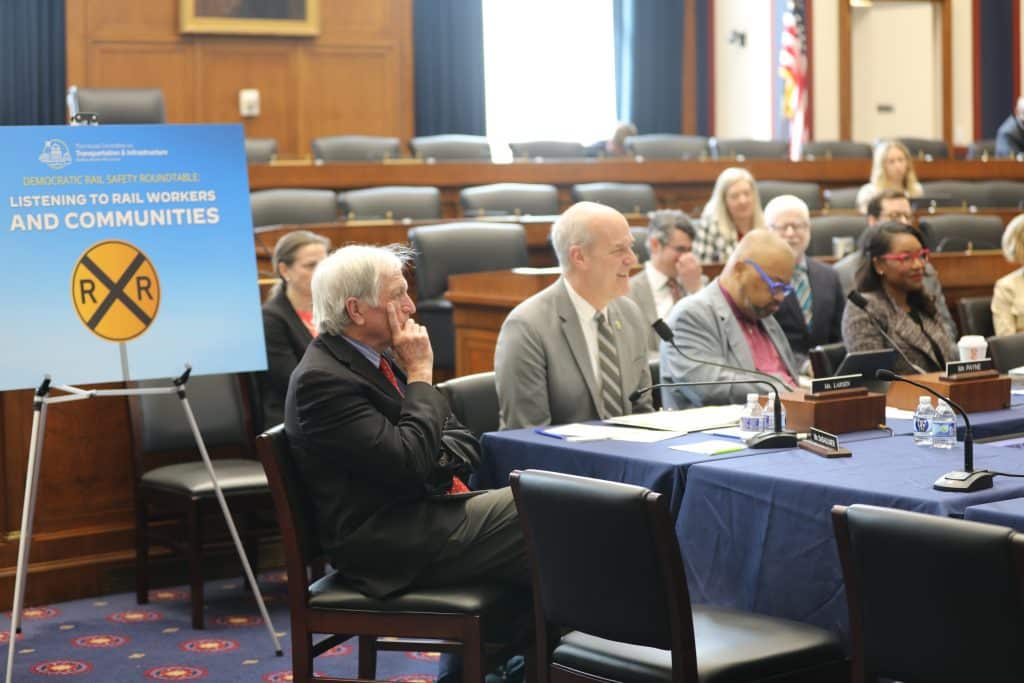
Throughout the hearing, members of Congress, citizens and union leaders all described the fraught conditions that both workers and ordinary Americans experience as a result of deregulation and corporate greed. Kennedy outlined the adverse effects on safety, as well as shippers and the industry as a whole, that occur when the carriers cut services and equipment maintenance. Even worse, he told subcommittee members, are the drastic workforce reductions in the industry.
“As Vince said, over 30% of the workforce has been eliminated. With respect to the Mechanical Department employees, 41% of the workforce has been eliminated since PSR,” Kennedy explained. “And what’s crazy is, the cuts are still happening.”
“It’s absolutely asinine,” he added. “There’s not enough workers to perform this critical safety work on locomotives and rail cars in this country. That’s what it boils down to.”
The Railway Safety Act would implement a variety of safeguards to keep Americans and railroaders safe, including a nationwide mandate for well-trained two-person crews on all freight trains; restrictions on train length and weight; regulations on the installation, frequency, upkeep and response to wayside defect detectors; and much more. SMART RME, TD and rail labor organizations throughout the country have urged lawmakers to pass these common-sense regulations in the 12-plus months since the bill’s introduction, as states including Minnesota, New York, Ohio and Kansas have themselves passed rail safety legislation.
“We need both sides of the aisle to make freight rail safety a priority,” Kennedy concluded. “We need meaningful change to the industry. We need Congress to act now, and I thank Ranking Members Larsen and Payne for hosting a roundtable discussion to discuss ongoing and unaddressed rail safety issues.”
